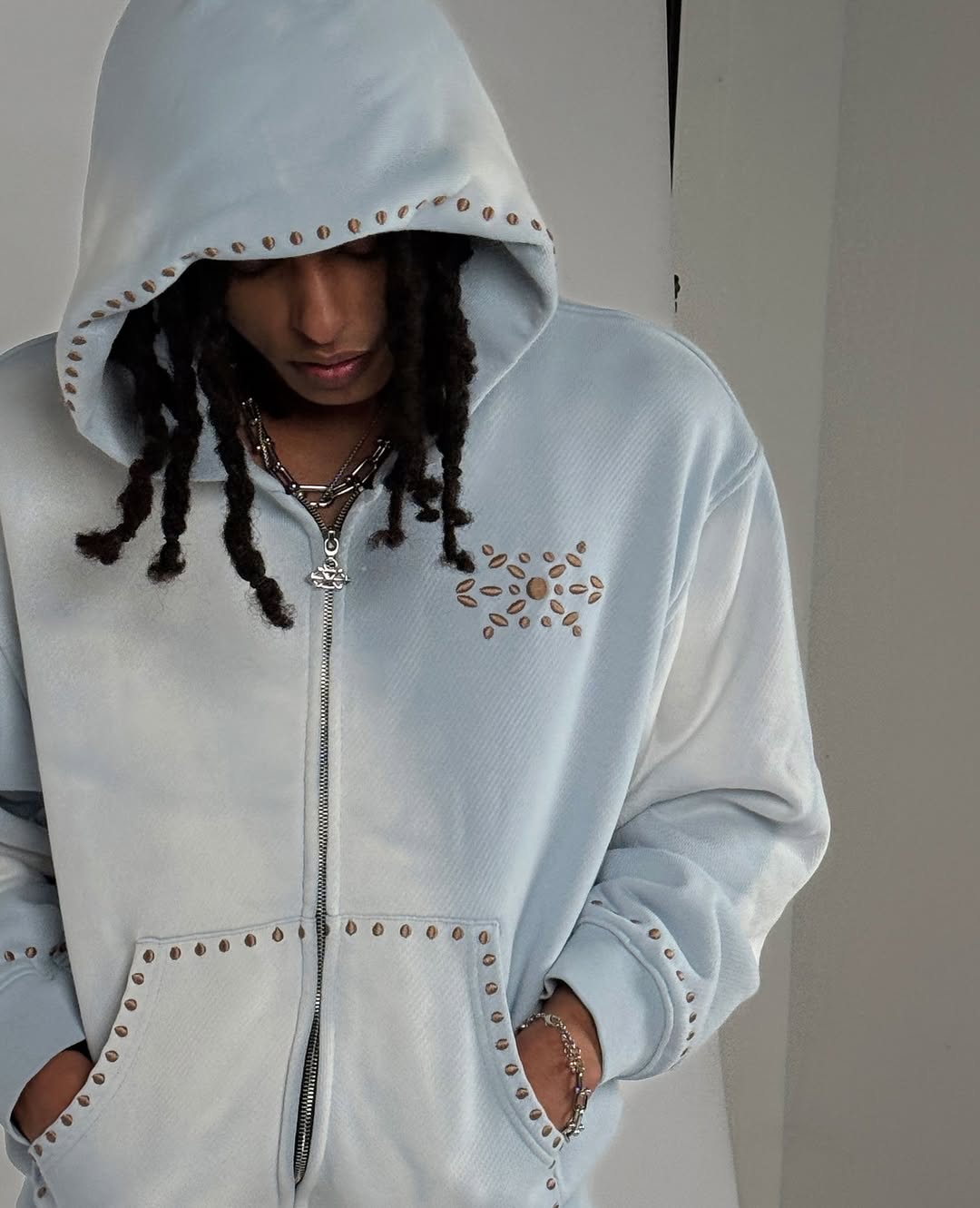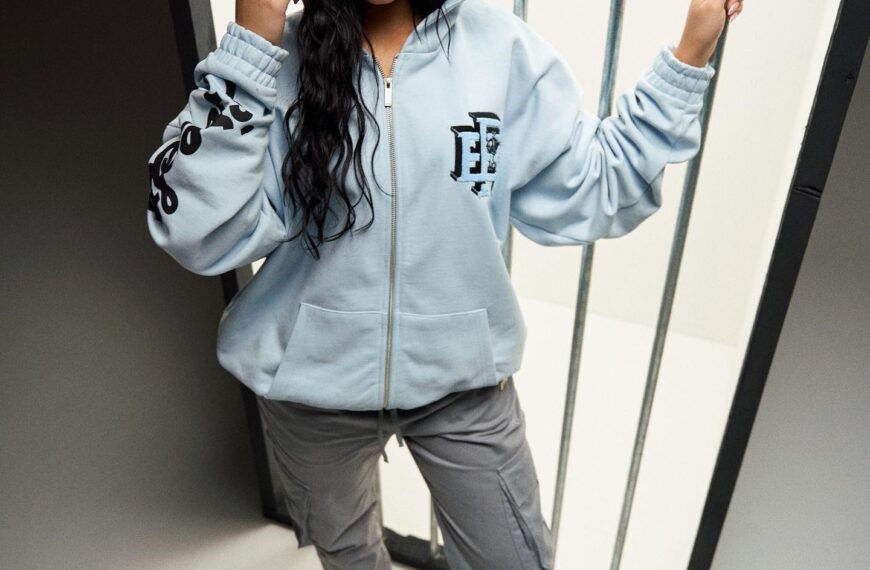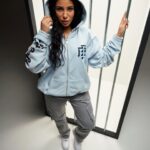In the modern fashion landscape, two names have been generating significant attention among style-forward consumers: Davrilsupply and Kapital. While these two brands come from very different backgrounds and offer distinct aesthetics, both have successfully carved out loyal communities by staying true to their creative identities. Davrilsupply represents a new generation of streetwear rooted in minimalism and wearable design, while Kapital is a Japanese cult brand known for avant-garde craftsmanship and artistic expression. In this post, we’ll dive deep into how these brands compare in terms of design, philosophy, appeal, and cultural relevance.
Origins and Background
Davrilsupply is a newer entrant into the streetwear space, emerging with a clear focus on clean design, functionality, and quiet expression. The brand is driven by a modern creative vision, aiming to offer pieces that balance street culture with refined aesthetics. While still growing, Davrilsupply has quickly built a reputation for quality basics, oversized silhouettes, and timeless color schemes. It’s a brand that understands the everyday needs of the fashion-conscious individual and reflects this in every collection.
In contrast, Kapital has a rich history that dates back to 1985. Founded in Okayama, Japan—a region famous for denim—Kapital began as a denim-focused label by Toshikiyo Hirata. Over time, especially under the direction of his son Kiro Hirata, Kapital evolved into a brand that fuses traditional Japanese techniques, vintage Americana, and artistic eccentricity. It has earned a cult following for its hand-finished details, cultural references, and unpredictable design choices.
Design Language and Aesthetic Approach
The aesthetic of Davrilsupply is rooted in minimalism and everyday utility. Pieces often feature oversized fits, neutral colors like beige, grey, and black, and subtle branding. Davrilsupply clothing is designed to be versatile, wearable in various settings without appearing overly loud or trend-dependent. The brand’s appeal lies in how its clothing feels natural, refined, and intentionally understated. Whether it’s a hoodie, t-shirt, or outerwear piece, Davrilsupply always prioritizes comfort, quality fabric, and a balanced silhouette.
Kapital, on the other hand, embraces maximalism and cultural storytelling. The brand’s garments are often layered with patchwork, embroidery, graphics, and motifs that reference Japanese history, American workwear, and psychedelic art. Kapital is best known for its bold outerwear, deconstructed silhouettes, and use of traditional techniques like sashiko stitching and boro mending. Every Kapital piece is a work of wearable art, challenging conventional fashion norms while honoring heritage craftsmanship.
Target Audience and Cultural Appeal
Davrilsupply caters to modern creatives, streetwear enthusiasts, and those who appreciate muted fashion with a distinct identity. Its audience typically includes students, urban professionals, and digital-era individuals who want clothing that speaks softly but confidently. The brand’s minimalism, combined with subtle design innovation, appeals to those who follow trends but don’t want to be consumed by them. Davrilsupply is about form meeting function—clothes that look good without demanding attention.
Kapital, by contrast, appeals to a more niche audience: fashion insiders, collectors, and enthusiasts who view clothing as a form of art. Kapital fans are often drawn to the uniqueness of each piece and the deep cultural references embedded in the garments. The brand is not for the faint of heart—it’s for those who embrace bold fashion choices and who appreciate slow, deliberate craftsmanship. Kapital resonates especially with those who seek out brands that are authentic, handcrafted, and conceptually rich.
Global Reach and Market Presence
Davrilsupply is still expanding its footprint, mainly relying on e-commerce and organic growth through social media, influencer partnerships, and word of mouth. Its marketing is subtle, reflective of the brand’s overall aesthetic, which aligns with the values of younger, internet-native consumers. As Davrilsupply grows, it continues to develop a strong brand identity that doesn’t rely on hype or celebrity endorsements, but rather on consistent quality and visual clarity.
Kapital has remained intentionally limited in its global distribution. Its flagship stores in Japan are immersive experiences, filled with art, vintage furniture, and unconventional layouts. While Kapital is stocked in select high-end retailers and e-commerce platforms like SSENSE and END Clothing, it maintains an air of exclusivity. Its pieces are often hard to find, and their rarity adds to their desirability. Kapital’s limited accessibility reinforces its cult status and helps preserve its niche appeal.
Philosophy and Creative Direction
Davrilsupply is about intentional simplicity. The brand’s collections don’t change drastically season to season. Instead, they evolve slowly with subtle refinements in fit, fabric, and finish. This reflects a slow fashion mindset, where pieces are made to last and serve multiple purposes in a wardrobe. The creative direction emphasizes calm energy, introspection, and effortless cool—ideal for a world that is constantly overstimulated.
Kapital is the complete opposite in its creative expression. Its collections are chaotic, playful, and full of unexpected juxtapositions. Under Kiro Hirata, Kapital tells stories through clothing, using elements from Japanese folklore, punk culture, American history, and experimental design. Kapital doesn’t aim for perfection—instead, it celebrates imperfection, irregularity, and emotion. Each garment is a canvas for exploration, and the brand’s spontaneity keeps fans intrigued year after year.
Sustainability and Ethics
Sustainability is becoming increasingly important in fashion, and Davrilsupply has positioned itself well in this regard. The brand uses durable materials, avoids overproduction, and emphasizes long-lasting design. Its collections are often produced in smaller quantities, and the focus on quality ensures that pieces are not disposable. Davrilsupply also promotes mindful consumption by creating timeless styles that don’t expire with fast trends.
Kapital operates with many sustainable values inherently built into its production process. Its use of natural dyes, hand-sewn patchwork, and fabric recycling aligns with eco-conscious design, even though it doesn’t always market itself as a “sustainable brand.” The slow, artisanal nature of Kapital’s production means fewer carbon emissions and less waste. In many ways, Kapital’s ethics are deeply traditional, rooted in respect for materials and craftsmanship.
Which Brand is Right for You?
Choosing between Davrilsupply and Kapital comes down to personal style and fashion philosophy. If you’re someone who values minimalism, versatility, and subtle creativity, Davrilsupply is the perfect brand. It offers clothing that’s easy to wear, looks modern, and feels well-made without ever trying too hard. Davrilsupply is ideal for those who enjoy style without excess.
On the other hand, if you see fashion as a personal statement and value cultural references, handcrafted detail, and one-of-a-kind garments, Kapital will likely capture your heart. Kapital is not just about how you look—it’s about how you feel in the clothes, the story they tell, and the journey they represent.
Conclusion
Davrilsupply and Kapital are both visionary brands, yet they exist on different ends of the fashion spectrum. One represents modern minimalism and refined streetwear; the other embraces experimental artistry and vintage chaos. Both have something valuable to offer, depending on what you seek in your wardrobe. Whether you lean toward the understated cool of Davrilsupply or the bold storytelling of Kapital, each brand offers a distinct experience that elevates the act of getting dressed.





